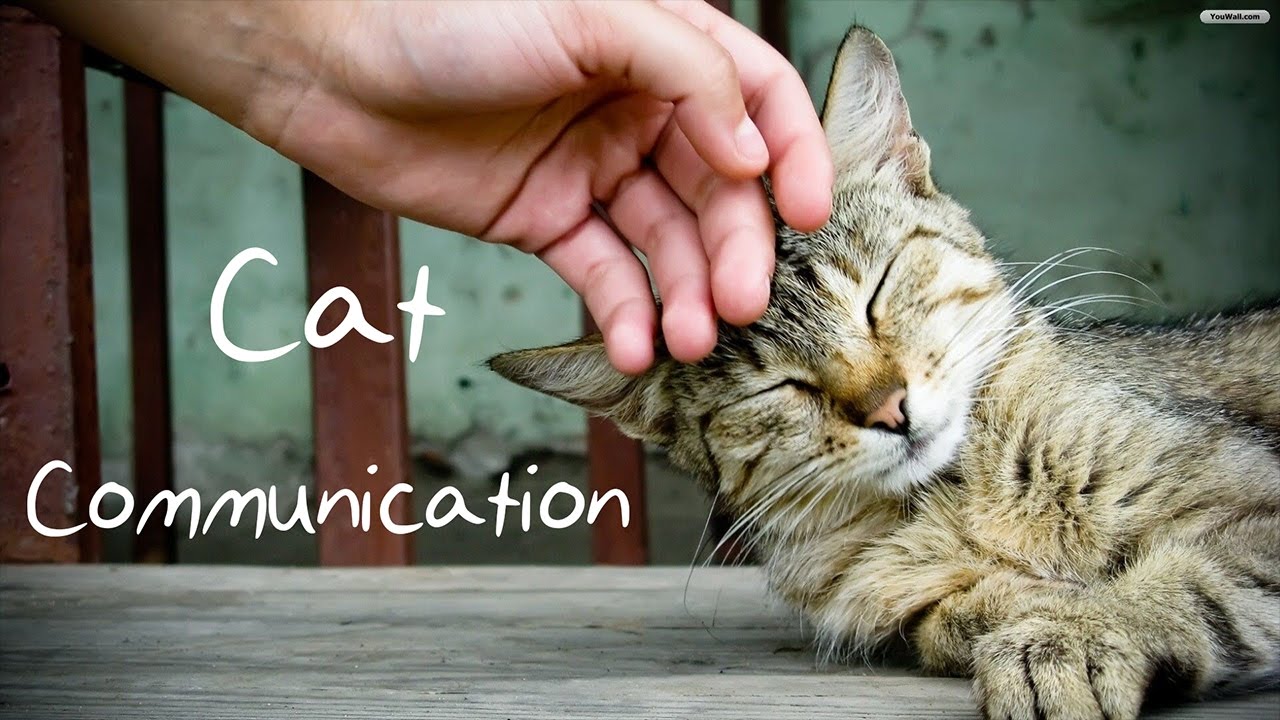Do you share your house with a cat? Certainly, the behavior of these domestic cats has frightened him on more than one occasion, because one of the main characteristics of this animal is precisely its independent character, which does not mean that they are not affectionate, but that they are very different to dogs.
Studies so far to study the behavior, communication and thinking of animals have had surprising results, especially those who have devoted themselves to approaching feline thinking.
You want to know how cats think? In this article by Animal Expert we explain everything.
Few animals need as much control over their environment as cats, which is why cats are more likely to suffer stress and the dangerous consequences of this condition as it spreads over time.
But how is it possible that an animal with such sensitivity is not aware of its own existence, because the truth is that this is not exactly the case, what happens is that scientific studies on animal consciousness mainly use a mirror to observe reactions and determine the degree of consciousness, and the cat does not react.
However, cat lovers say that (and this seems to be the most reasonable thing) this lack of reaction occurs because cats do not perceive any odor in the mirror, so nothing attracts them enough to get close to their reflection. and interact with it.
Biologist Dr. John Bradshaw, from the University of Bristol, has been studying cats for 30 years and the results obtained through his various research are surprising as he has determined that cats do not perceive us as human, nor as owners, but as giant versions.on their own.
In this sense, the cat sees us as if we are rather a cat and with it can socialize or not, depending on the moment, its interests and its skills, but in all circumstances it believes that we are a species that can dominate.
This feature is evident when comparing cats to dogs, as dogs do not interact with humans in the same way they do with other dogs, but cats do not change their behavior against humans.
Of course, you can train a cat to know what to do at home, and as a dog, it also responds well to positive reinforcement, but this should not be confused with a domestication process.
Experts estimate that the domestication of the first dogs took place about 32,000 years ago, but cats began their relationship with humans about 9,000 years ago.
The important thing is to understand that for 9000 years cats have not been domesticated, but have learned to live with humans to take advantage of all the benefits that these “giant cats” can bring to them, such as water., food and a comfortable atmosphere to rest.
Cats are extremely intelligent, so much so that they are able to train us without realizing it.
Cats constantly observe humans, who come simply as giant cats, know for example that purring is possible to awaken our senses of protection, which most of the time end up in a reward in the form of food, so do not hesitate to use purring as a means of manipulation.
They also know that when they make certain noises, we will look for them or, on the contrary, leave the room where they are and it is through the continuous observation of their human family that the cat adapts our answers to their needs.
Therefore, cats can also feel protective instincts towards us.Has your cat ever left you a small prey at the entrance of the house?He does so because, although he considers it a giant cat, he also considers him a clumsy cat who may have difficulty feeding, so he decides to help him in this important task.
The cat considers that he should train you, in a certain way because, as we mentioned, he thinks he is clumsy (neither weak nor inferior), that is also why his cat rubs, thus marking him with his pheromones, as if you were his property. At other times, you just want to clean yourself or use it as a scraper, but that’s a good sign, because it indicates that you don’t see us as hostile rivals.
The thinking of cats is due to different factors, although usually the most decisive are their instincts, the interactions they carry out and especially the balance of past experiences.
It is important to know that all studies that try to decipher feline thinking conclude that it is only necessary to interact with the cat when it asks, otherwise it suffers a lot of stress.
You may also be interested: do cats know when we’re afraid?
If you would like to read articles similar to, we recommend that you visit our Curiosities section of the animal world.

